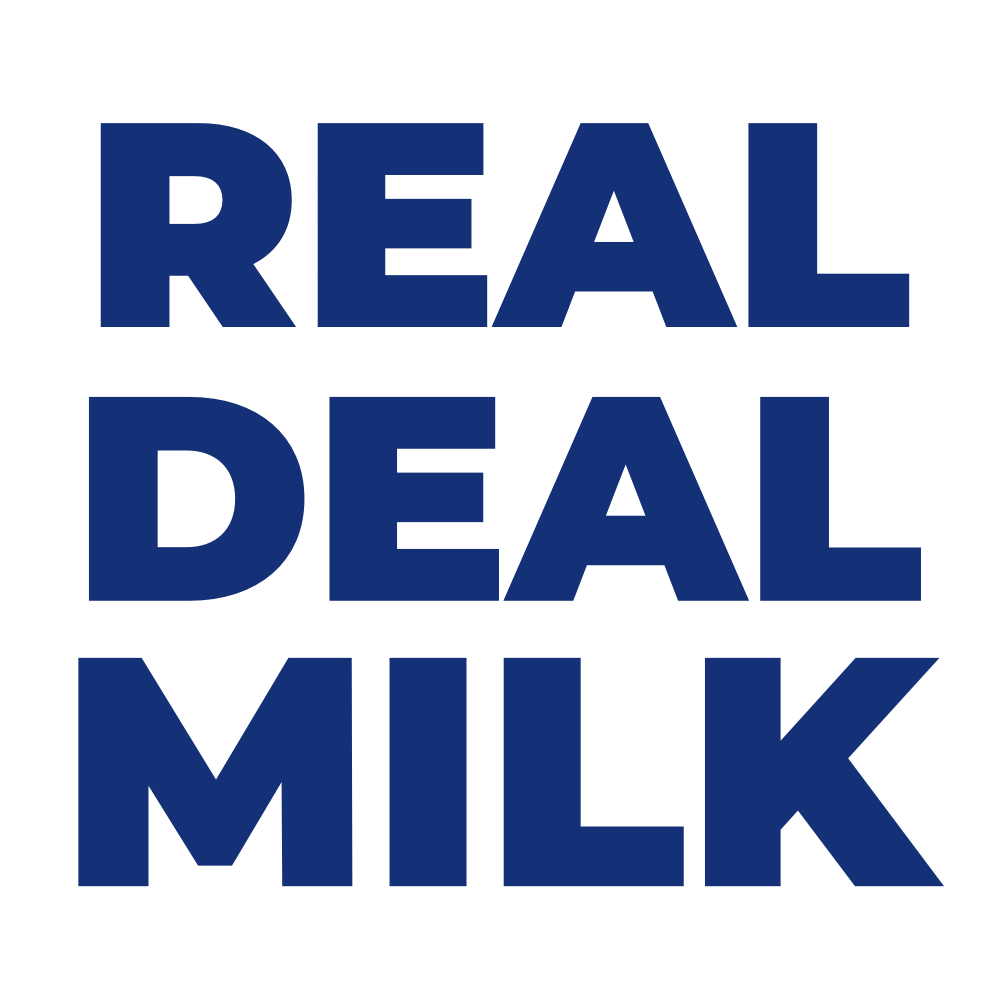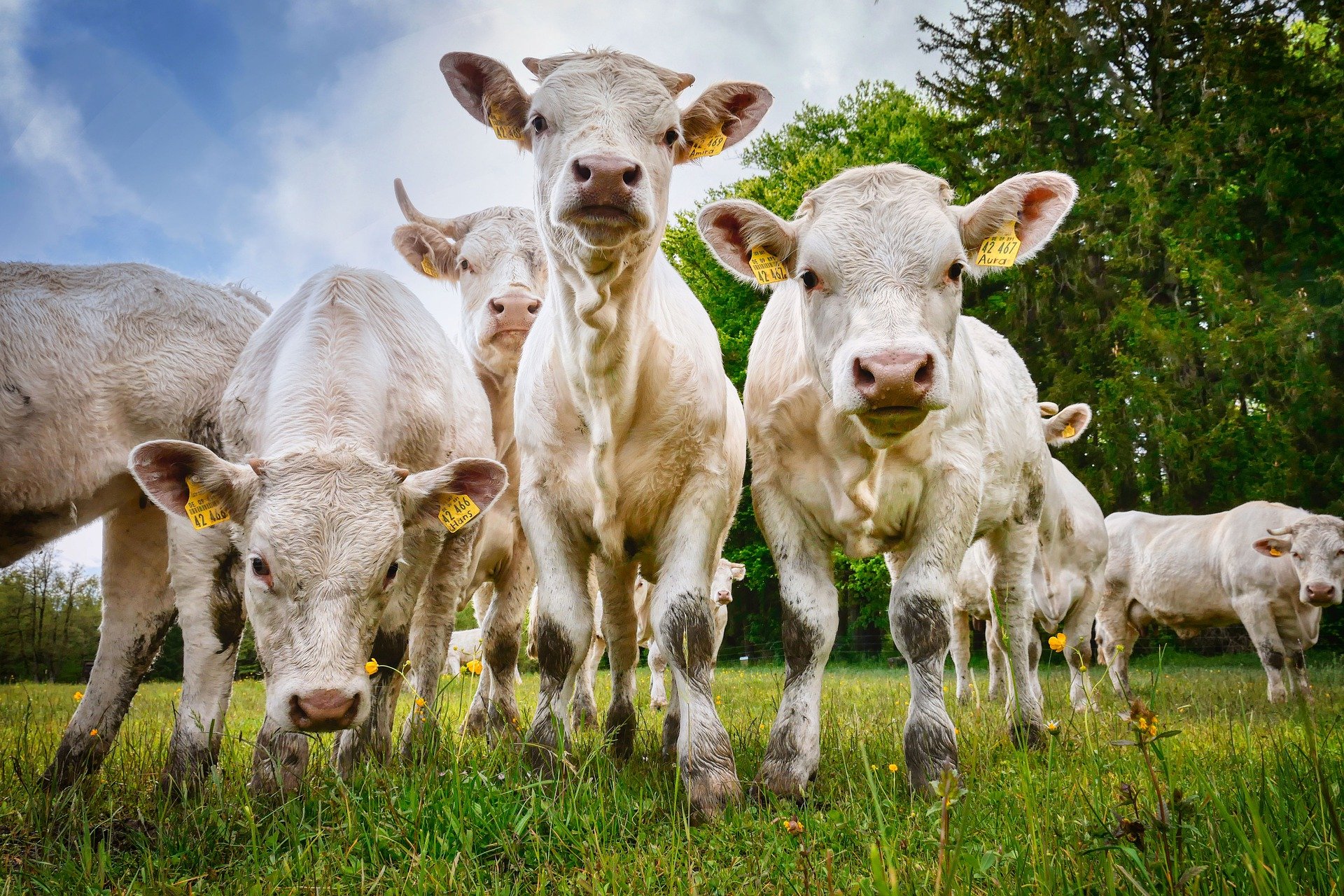Who let the cows out?
The gates open, the cows are free to roam the wild, and live out their days grazing pasture. But what would actually happen if you just released all these dairy cows into the wild? Could they fend for themselves?
Cows were of course wild before humans domesticated them. Go back thousands of years and you’ll come across cows living their lives in the wild without a problem. However, the cows we find on farms today are not the same. We have moulded and manipulated the cows into the milk and meat making machines that they are today. So their release would come with extra difficulties.
To discover what would happen in this theoretical situation, we posed this question to someone who knows cows best: a dairy farmer.
First up, will they survive?
I think most cows would live longer in a wild setting, untroubled by the pressures of providing us with milk and meat. However, food could be a big problem, especially if farmers then ploughed up all the fields that once grew grass to feed them and planted crops to feed us. Then the cows would struggle to find enough for them all to eat. Especially as their breeding means they have a high demand for energy and they have become accustomed to eating large quantities of energy-dense cereals and other ‘non-foraged’ feeds which aren’t found in the wild.
In addition, the cows are usually served these meals by machine, rather than foraging or grazing and many never go outside to graze, so they could struggle. I have seen cows that have become accustomed to this regime really struggle to adjust to grazing in fields and eat very little.
Failure to meet the energy requirements of dairy cows means that not only will milk production, they will also lose body condition and their fertility will be seriously impacted.
Will we have many more calves?
As well as loss of fertility that could come with lack of food, the big problem for reproduction is the lack of males. Dairy cows are female and are normally artificially inseminated, so we don’t have many bulls. Therefore very few of the cows would get pregnant and the cow population would quickly dwindle.
Do some cows have an advantage?
Yes, the ease of survival will be greatly influenced by the breed of cow. For example, some more robust breeds of cows, like old fashioned British Friesians and the French Montbeliardes would fare better in a wild environment. They are able to survive and potentially thrive on grazing and foraging. However the Holstein cows would struggle much more as they have been genetically programmed to produce such high milk yields which would hinder their survival.
The scenario for beef cows is also likely to be slightly different, as they are more robust, used to foraging and have a lower energy demand than the dairy cows. They are also often run with a bull too, so they will have the company they need for breeding!
What about predators?
One thing British cows have in their favour, is they have no real predators. In other countries they may have the threat of wolves to look out for.
What else do you think they’d get up to?
I’ve seen videos of cows released before and they tend to have a real laugh for a few hours, trashing the neighbour’s gardens and causing havoc on the roads, but at the end of the day they tend to return back to the farm.
There were even a herd of cows living a mainly wild life in Poland and causing plenty of chaos for the local residents, they even had to be rescued from an island by the army and fire brigade. However all this mischief got them in trouble and they ended up in cow jail with a death sentence.
Letting the cows roam wild would not be a quiet affair. They would be in our gardens and towns, exploring the local area. They may be free from predators but their ability to find enough food meet the high energy levels they’ve been designed to rely on, will be no easy feat. And with few calves being born, their herds would rapidly reduce.
Humans have designed these dairy cows to live and rely on the farm they’re born on to. If you take the farm away, they may be free from a life of forceful milking, but survival will not be easy.



